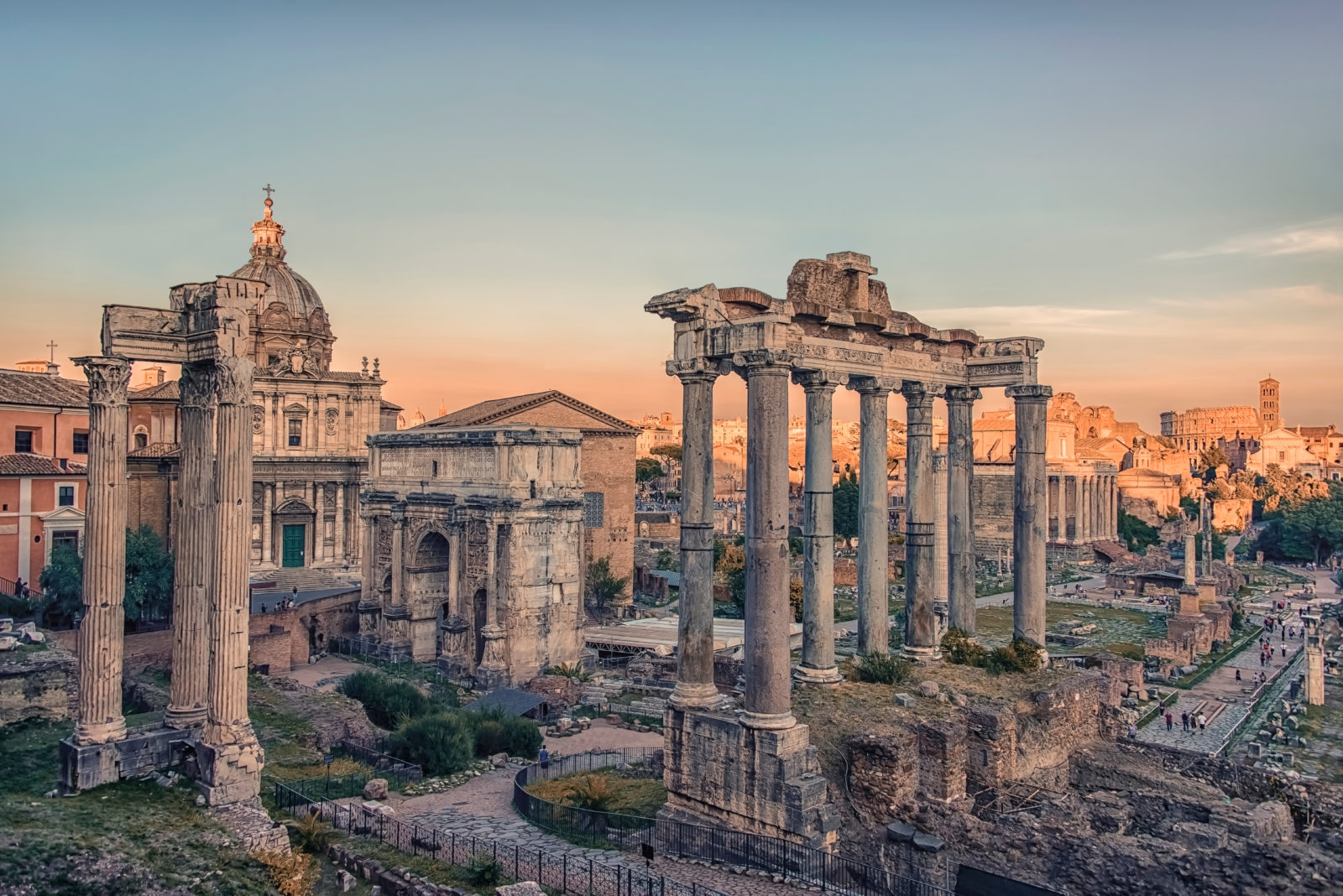Two of the most influential theologians in world history and the history of homelessness were born in (or maybe around) 354 A.D. I could announce it like a heavyweight championship boxing match: “From the north of the Roman empire, from an out-of-the-way island called Britain, stalks the preacher of perfection, Pelagius. From the south of the Roman empire, the province of Numidia in Africa, comes the master of disaster, Augustine.”
Pelagius denied original sin and said Christians had the power within themselves to be perfect: “Spiritual riches no one can give you other than yourself.” According to great historian Peter Brown, who turns 87 on July 26, Pelagius saw “no heart of darkness in human nature,” and argued that Christian reliance on “the grace of God” was “an excuse for not fulfilling the law of God.”
Augustine, though, believed we are sinners incapable of doing what’s right unless God changes us—and even then it’s still a battle. Augustine, in Brown’s summary, knew that “pride, not wealth, was the true Last Enemy of the Christian. The real division of the world was not between the rich and the poor. It was between the proud and those who were enabled by God’s grace to be humble before God and before their fellows.”
These theological positions had an impact on ideas about helping the homeless. The Pelagian rich could pave themselves an express lane to heaven by giving money to the poor. The Pelagian poor could beg for cash and then eat and drink, ending up not merry but insensate on the street. Both rich and poor could avoid confronting their own sinfulness.
Augustinians had a harder task. They believed sin was so pervasive that apart from God’s grace neither rich nor poor would seek Him. In 1908 G. K. Chesterton wrote in Orthodoxy, “Certain new theologians dispute original sin, which is the only part of Christian theology which can really be proved.” But some leaders 1500 years earlier did dispute it. Their “Money First” plan ignored the mental health problems of many among the homeless, and well as the self-medicating use of alcohol.
Augustine, Brown notes, “was relentlessly even-handed in his treatment of the sins of both the rich and the poor.” Asked by a poor person if an evil rich person could get into heaven, Augustine replied, “Certainly such people will not get in. But you too, just see whether you will enter. What if as well as being poor you are greedy. What if you are both weighed down with want and on fire with avarice?”
As Brown, Gerhard Uhlhorn, Rodney Stark, and other historians have shown, churches during Christianity’s first few centuries emphasized the importance of helping the homeless both materially and spiritually. Christians were to avoid over-estimating wealth, seeing it as neither the supreme good nor the supreme evil. But Augustine died in 430 A.D., and two well-intentioned developments suggested problems were coming.
First, Syrian ascetic Simon Stylites set a record by living for 37 years on a ten-square-foot platform set atop a pillar. The site, near Aleppo in what’s now Syria (or what’s left of the country after its tragic civil war), became a destination for pilgrims and sightseers. Simon survived by pulling up in a bucket food supplied by ground-hugging neighbors.
Simon wasn’t a hermit, even when admirers helped him move his platform from its original ten-foot height to fifty feet off the ground. Advice-seekers in the afternoon sometimes climbed ladders to ask him questions. Boys clambered up to bring him flatbread and goat’s milk. But in the middle of the fifth century, Simon contributed to the sense that extremism in the defense of meditation was no vice, and moderation in the pursuit of prayer no virtue. Soon dozens of ascetics lived on pillars, and acrophobics in monasteries also took vows of poverty and immobility.
The other early medieval development in Rome and other large cities (when funds allowed) was the impersonal distribution of food by popes and bishops, who in some ways took the place of Roman emperors and nobles. The merciful impulse was good, but did such a universal basic income (although it was hardly guaranteed) subvert a needed work ethic? I’ll come back to that debate in future columns.

